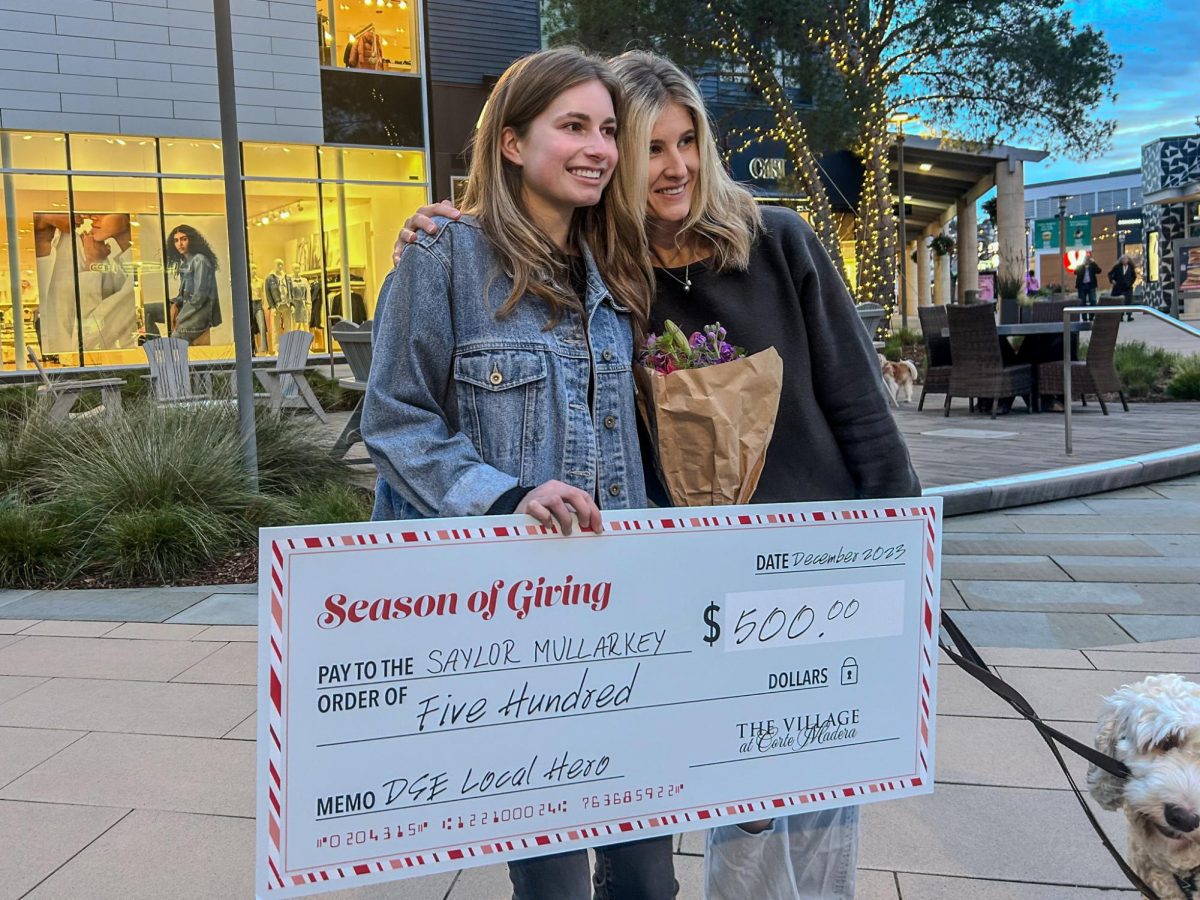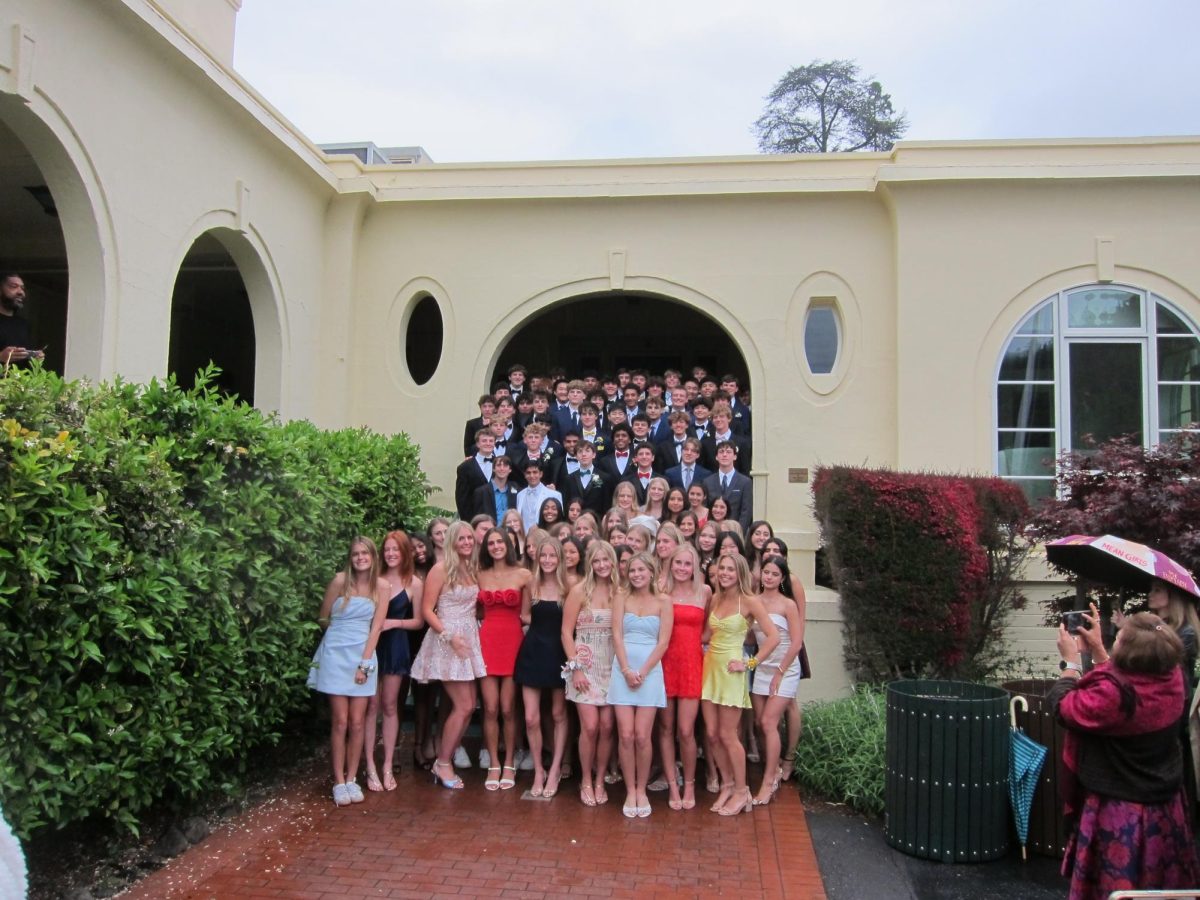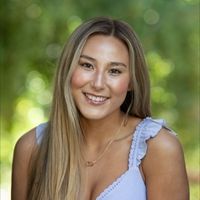There are people on the planet who simply notice problems, those who go on to discuss social issues. And then there are those who work to solve challenges in the community. Saylor Mullarkey ‘24 is the latter.
While working at an orthodontic office (which she has done since her freshman year), Mullarkey noticed the difficulties many people with disabilities face at the dental office. She soon learned that people with disabilities are twice as likely to have poor oral hygiene and that there are only 14 dental centers in California that are trained in treating people with disabilities such as autism and aspergers.
Some patients with disabilities have a hard time in new environments and this keeps them from regular check-ups. Mullarkey took notice and created a pre-visit, during visit and post-visit protocol to help patients feel more comfortable and perhaps even enjoy seeing a dentist. For her efforts, Mullarkey has been rewarded with a Local Hero Award.
The Local Hero Award presented by Dedication to Special Education and in partnership with The Village in Corte Madera recognizes two Marin County heroes raising awareness for the disabled community. After receiving the Reid Mangels Fellowship from Branson, Mullarkey began her journey to help create guidelines for dental and orthodontic offices to use in order to improve their ability to treat patients with intellectual and developmental disabilities, as well as help reduce the anxiety of the parents, caregivers, patients, doctors and assistants. But her work did not stop there.
Mullarkey’s efforts are reminiscent of Lao Tzu’s old adage: “Give a person a fish, and you feed him for a day; teach them to fish and you feed them for a lifetime.” Concerned that more community members need access to quality dental care, Mullarkey is using her knowledge and connection to the doctor she works for, Dr. Katie Bales, the president of the California Association of Orthodontics. With Bales’s help, she plans to pass the guidelines on to other offices across the state.
Mullarkey anticipates that the work she is undertaking within her network of doctors and social workers will bridge the gap between medicine, dentistry and occupational therapy. Her hope is that this process will enable the group to pass on strong guidelines to those working with people with disabilities. Once implemented, the impacts of these guidelines will be far-reaching.
Mullarkey was surprised to hear about the award; she had not applied for one. She said, “I was really excited because it made me feel proud about what I was doing and that I was actually making a difference in that world.”
Mullarkey is still undecided about her use of the $500 award. She is mulling over a few ideas: bringing in a speaker to the local community to discuss health and hygiene for the people of Marin, returning the funds to the donating organization to further their social work or saving it for college. Regardless, she will gave back to the community in some way.



